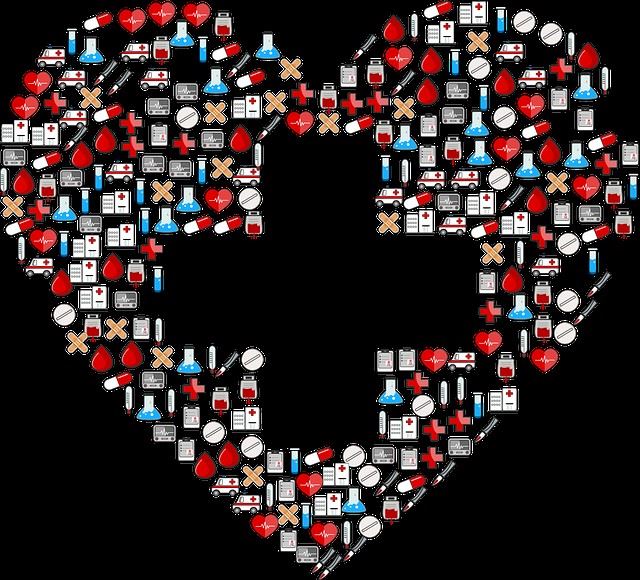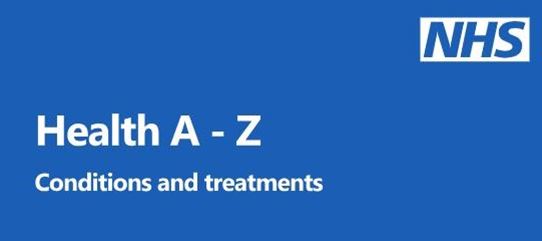Test Results & Referrals
Results of Tests and Investigations
To request test results please use our AccuRx online consultation form HERE or call after 13:00 to make an enquiry.
Note that the practice has a strict policy regarding confidentiality and data protection and we will only release test results to the person to whom they relate unless that person has given prior permission for the release of this data, or they are, through mental capacity, not able to understand the results. For this reason our Patient Service Advisors will always ask a GP or clinician to verify that printed results can be given out.
When you take your test you will be told how long it will be before the results are returned to the practice.
It is your responsibility to check your results and to make an appointment to discuss them with your GP or clinician if your are advised to do so. Unless your results have been marked as needing attention and follow-up, you will be offered the next available non-urgent telephone appointment with your own GP to discuss them.
You can also access some results by getting access to your own patient record through the NHSApp. Follow the link to find out more and download the App. Verfication to confirm your identity will be needed.

Blood Tests
A blood test is when a sample of blood is taken for testing in a laboratory. Blood tests have a wide range of uses and are one of the most common types of medical test. For example, a blood test can be used to:
- assess your general state of health
- confirm the presence of a bacterial or viral infection
- see how well certain organs, such as the liver and kidneys, are functioning
A blood test usually involves the phlebotomist taking a blood sample from a blood vessel in your arm and the usual place for a sample is the inside of the elbow or wrist, where the veins are relatively close to the surface. Blood samples from children are most commonly taken from the back of the hand. The childs hand will be anaesthetised (numbed) with a special cream before the sample is taken.
ONWARD REFERRALS
If you have been referred on to a hospital department, consultant or other healthcare provider for a consultation, treatment or surgery, a new national NHS service MY PLANNED CARE is now available so you can check on expected waiting times for routine referrals, along with information from the hospital and department you have been referred to. To check on this please click HERE
You will need to know which hospital and department you have been referred to beforehand.
You can also check on wait times at Devon Hospitals HERE
If you are referred to any of the hospitals in the Royal Cornwall Hospitals Trust you can check wait times HERE
Managing your referral on-line
If you have been referred by one of our clinicians to a hospital or other secondary healthcare provider by the e-Referral Service, you can make and manage your appointment online via the NHS e-Referral Service (e-RS). You can access this via NHSApp or the e-Referral Service website. To do this you will need your:
- Booking Reference Number
- Password or access code
These will be given to you once your referral has been sent by your practice.
WEBSITE: HERE
What happens when I am referred?
For a downloadable leaflet from NHS England outlining what happens when you are referred to a specialist or consultant, at a hospital or a community health centre click HERE
X-Rays
An X-ray is a widely used diagnostic test to examine the inside of the body. X-rays are a very effective way of detecting problems with bones, such as fractures. They can also often identify problems with soft tissue, such as pneumonia or breast cancer.
If you have an X-ray, you will be asked to lie on a table or stand against a surface so that the part of your body being X-rayed is between the X-ray tube and the photographic plate.
An X-ray is usually carried out by a radiographer, a healthcare professional who specialises in using imaging technology, such as X-rays and ultrasound scanners.
You can find out more about x-ray tests, how they are performed, their function and the risks by visiting the NHS Choices website.
Possible wait times
Our radiology departments are working very hard to work through the large number of referral requests sent to them, seeing the most urgent cases first. Approximate wait times are improving all the time but may be:
XRAY
2 Week Rules within 2 weeks
Urgent: within 2 weeks
Routine: 3-4 weeks
ULTRASOUND
2 Week Rules within 2 weeks
Urgent: 2-4 weeks
Routine: 8-12 weeks
MRI
2 Week Rules within 2 weeks
Urgent: 3-4 weeks
Routine: 8-10 weeks
CT
2 Week Rules within 2 weeks
Urgent: 3-4 weeks
Routine: 5-6 weeks
These wait times are updated with latest information as we receive it. Latest update September 2024.
Page created: 19 May 2021
